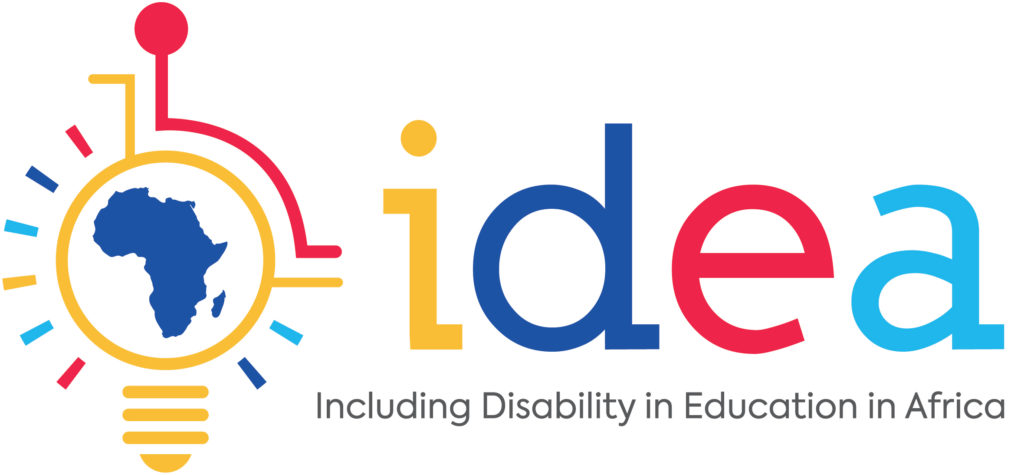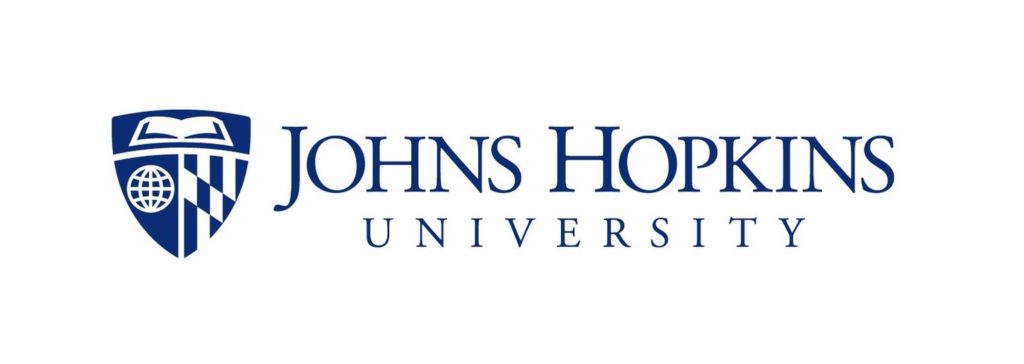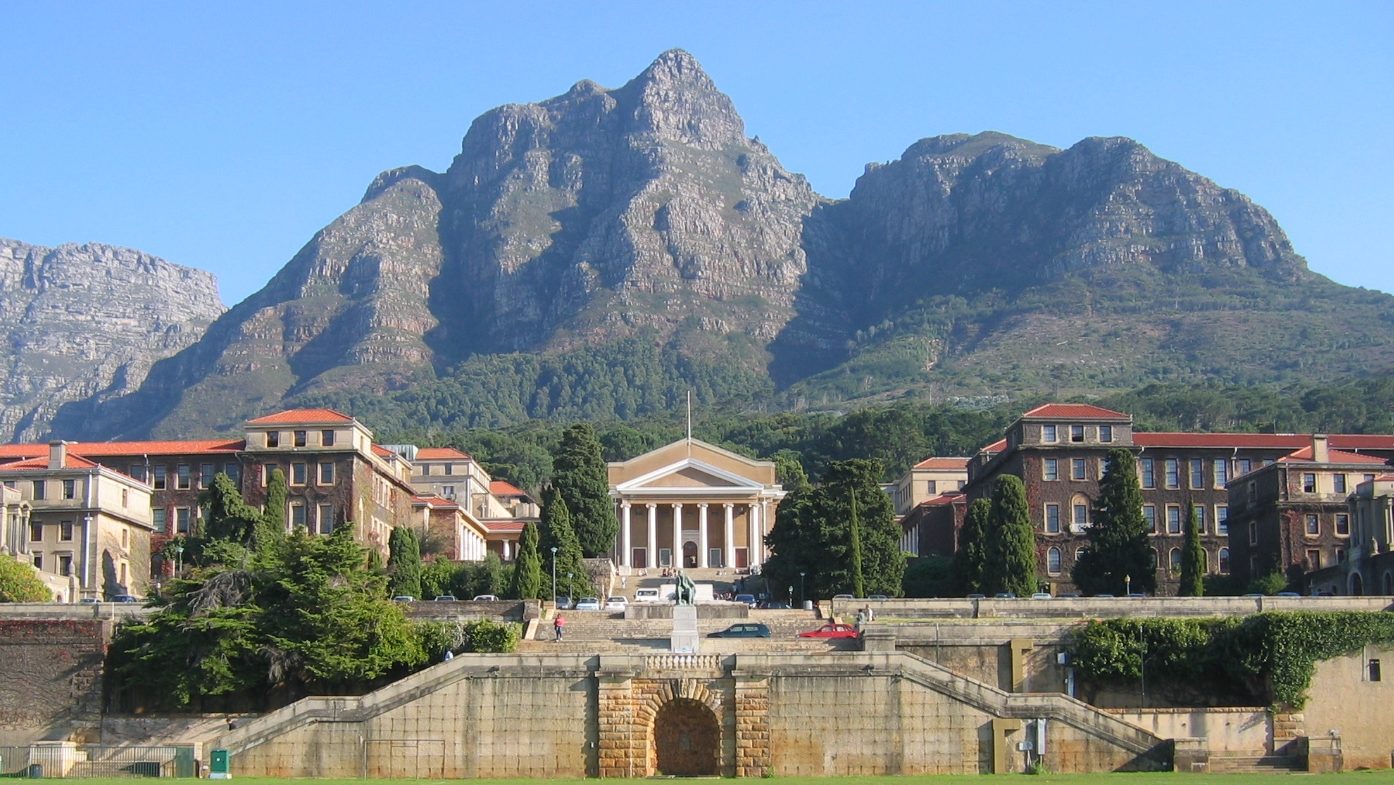Realizing Students Inclusive Voice Potential Within a Blended Learning Space During Covid-19.
By Anastasia Kennett and Dr. Sean Bracken

Introduction:
In 2021, students were recruited globally to work internationally with INCLUDE (University of Worcester, England) and ICEQ (University of Ibn Zohr, Morocco) to organise and facilitate the first International Student Voice Conference in the Maghreb. Positioning students as primary creators of the conference facilitated deeper learning in event organisational planning and leadership (Fox and Kang, 2019). This poster utilises appreciative inquiry (Kadi-Hanifi et al., 2014) to discuss how the conference facilitated deeper learning using student’s voice during the Covid-19 pandemic.
International Relationships:
Working internationally meant that students’ global citizenship was enhanced, providing the student organisers from Morocco, the US, South Africa and the UK with further skills and attributes that will benefit students in an ever increasingly global learning space. Students shared understanding for religious celebratory events and took the time to offer guidance and reassurance when needed which increased students’ sense of well-being. Furthermore, international collaboration for the conference enabled students voices to be heard from a variety of countries and institutions, ensuring the conference was inclusive of all student voices (Egron-Polak and Marmoleje, 2017).
New digital skills:
Due to Covid-19, the conference was facilitated online where students developed new digital skills that may not have been realised in the classroom (Sicilia et al. 2018). Such as creating event posters; using Microsoft Teams; Google forms, Google docs and OneDrive to organise the conference and safely store participants’ information. Furthermore, students learnt to use a specific conference platform; called Whova. Students were also able to use their voice to request support from academic staff and will be able to use these new digital skills in their future academic studies or careers.
Staff/student partnerships:
Students maintained control within the conference organisation but at times, students needed specific guidance and support in ‘breaking the glass-ceiling’ in knowledge. Staff provided immediate support to students which created a student-staff mentorship and collaborative space whereby deeper partnerships with staff members were established. This meant that students could learn valuable skills from staff partners whilst staff could also value the voices of the students and their expertise of the student cohort. Working with students in this way, could make for a valuable addition to existing student-staff partnership programs currently undertaken in Higher Education, such as those outlined by Cook-Sather, Bovill and Felten (2014).
All-inclusive conference:
Students were also inspired to create an all-inclusive digital conference by utilising the principles of Universal Design for Learning (Cast, 2020). This ensured that the conference aligned with the UN Sustainable Development Goals (United Nations, 2020) and meant that all students felt included during the whole conference planning process. Students’ role in facilitating a global initiative, such as inclusion, demonstrated students’ commitment to inclusive education.
Conclusion:
Positioning students in leadership roles within the planning process enabled the student voice to be heard from the conference inception to its end. Students utilised the positive support from staff to improve their knowledge and worked empathically and internationally to develop a new avenue for inclusive practice. Therefore, positioning students as conference organisers can make for a complimentary addition to other student-staff partnership programs.
References:
CAST (2020) About universal design for learning. Available at: http://www.cast.org/our-work/about-udl.html#.XtuJJ9aSlPY (Accessed: 7th May 2021).
Cook-Sather, A., Bovill, C., & Felten, P. (2014) Engaging students as partners in learning and teaching: A guide for faculty. San Francisco: Jossey-Bass.
Egron-Polak, E. and Marmolejo, F. (2017) ‘Higher education internationalization: adjusting to new landscapes’, in de Wit et al (eds.) The globalization of internationalization: emerging voices and perspectives, pp. 7 – 17.
Fox, D. and Kang, L. (2019) ‘Social work leadership: reflections on a student-led conference’, Social Work Education, 38(4), pp. 516 – 529. doi: 10.1080/02615479.2018.1554641
Kadi-Hanifi et al. (2014) ‘Engaging students and staff with educational development through appreciative inquiry’, Innovations in Education and Teaching International, 51(6), pp. 584 – 594. doi: 10.1080/14703297.2013.796719
Sicilia et al. (2018) ‘Digital skills training in higher education: insights about the perception of different stakeholders’, TEEM’18: Proceedings of the Sixth International Conference on Technological Ecosystem for Enhancing Multiculturality, pp. 781 – 787. doi: doi/10.1145/3284179.3284312
United Nations (2020) The 17 goals. Available at: THE 17 GOALS | Sustainable Development (un.org) (Accessed: 7th May 2021).





